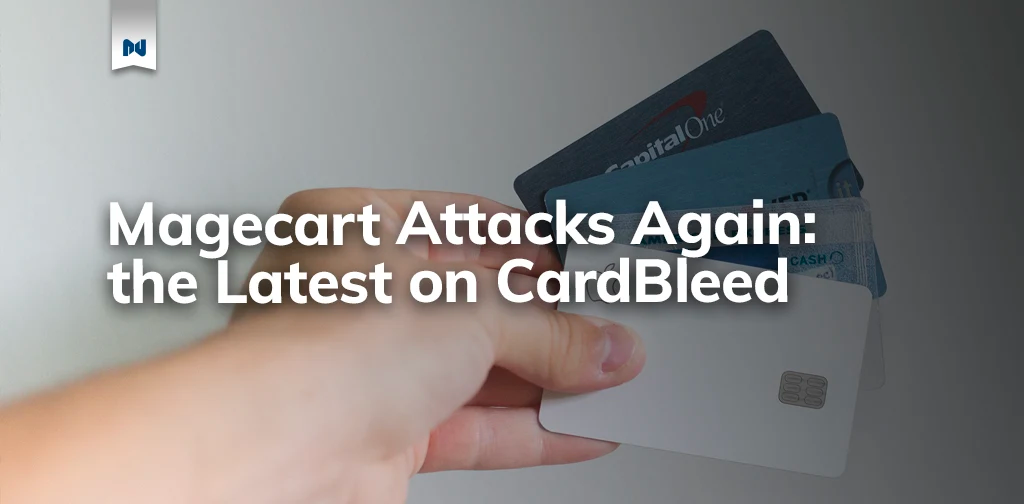Only a couple of weeks after the first vulnerability with an associated CVE was discovered for Magento 1 after its end of life, reports about a large scale Magento 1 hack attempt surfaced.
While stats are not definitive, as of today, around 3,000 sites were hacked. This attack, usually referred to as MageCart, is the most common type of attack against Magento 1 and it’s typically used to collect user credentials and credit card information from the application inputs and exfiltrate data to remote servers.
After carefully reviewing public reports and our WAF logs, Nexcess identified the threat and swiftly added a fleet-wide block for /downloader. We also isolated the malicious content added to this prototype.js file and have removed it from every file, leaving the original malicious file as backup (prototype.js.bk) for the client’s reference.
We already had filters for this, mostly against brute force attacks. But given that Magento discontinued Magento Connect after June 2020, we decided to block access and only re-enable it upon request for certain IPs.
This is one of the biggest differences between a code based Magento 1 maintenance package versus a hosting-based approach. While almost every project issued notices and recommendations, they all required user intervention.
Our approach was to deploy a fix to the entire server fleet without any user intervention.
While a few stores were impacted, the immense majority remained safe because of the infrastructure and systems we already had put in place. This foundation, plus our swift action, helped thousands of Nexcess stores and customers to remain secure.
In addition, we released Nexcess_CSP for our Safe Harbor users. Content Security Policy (CSP) is an added layer of security that helps detect and mitigate certain types of attacks including Cross Site Scripting (XSS) and data injection attacks usually known as MageCart. This module helps any Magento 1 store to set CSP policies, avoid and report XSS attacks and has 2 main objectives:
- Mitigate cross site scripting: disallowing the communication to certain URLs by specifying the domains that the browser should consider to be safe sources of scripts.
- Mitigating package sniffing attacks: specifying which protocols are allowed to be used; a server can specify that all content must be loaded using HTTPS.
We did not find any intrusion for stores that had CSP_Nexcess installed and properly configured. Nexcess Safe Harbor provides an extra layer of protection against this type of attacks, which are likely to continue.
The best kind of protection against external attacks is a mix of server side protection in the form of a WAF plus modules and patches to keep your store protected.
Keeping your Magento 1 store fully operational means protecting it against known vulnerabilities. If you have yet to invest in Safe Harbor, this hack illustrates the importance of staying secure.
Nexcess Safe Harbor is a sound foundation to keep your sites and stores protected while you are on M1.

